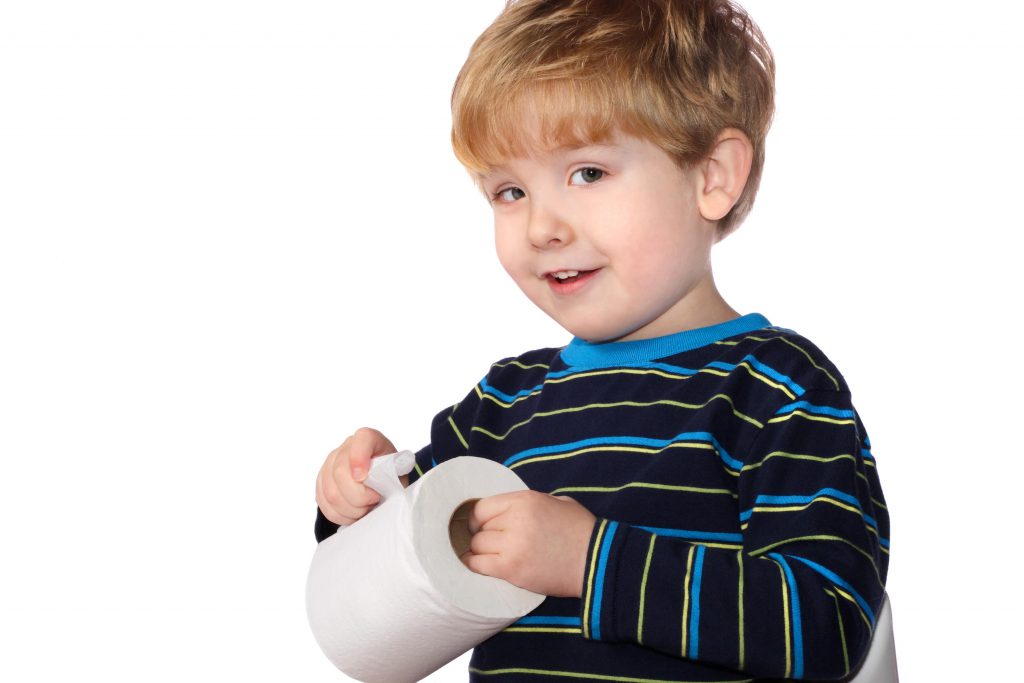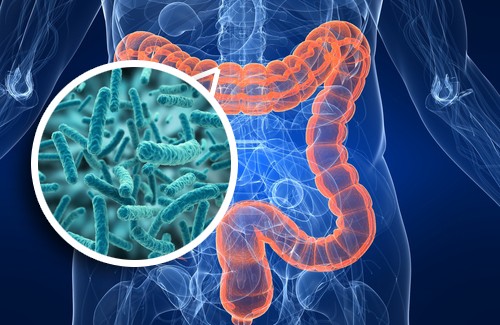Gut microbiomes have come into the media’s spotlight over the past few years. But have you ever wondered what your gut’s microbiome actually is and why it’s important?
A microbiome is defined as microorganisms in a particular environment, in this case, your intestines. Not everyone has the same types of microorganisms in their gut. Some microorganisms are helpful to your health and some can be harmful. The foods you eat greatly determine which microorganisms live in your intestines. One clue about how your microbiome is functioning lies in…your poop.
Read more about the new research findings of the American Gut Project led by University of California San Diego School of Medicine below:

Have you ever wondered what’s going on in your poop? Perhaps not. But this is precisely what we think about every day at the American Gut Project, the world’s largest microbiome citizen science effort, located at UC San Diego School of Medicine. And we don’t just think about it. We develop new cutting-edge analytical methods – in the lab and on the computer – to analyze the DNA and molecules that microbes make while living in your gut. Anyone can send us their poop, and we’ll tell them what’s going on!
But this probably still sounds pretty weird. Why would we want people to send us their waste? After all, normally you just flush it down the toilet. As it happens, the microbial ecology and molecular landscape of poop is incredibly complex, and we’re just starting to discover which microbes are critical to your health and why. Microbes are responsible for breaking down the fiber in your diet, and they produce critical nutrients, including one called butyrate that feeds the cells lining your gut. In the past decade, we and other researchers around the world have uncovered the consequences of disrupting this community of microbes on the incidence of disease.
Diseases linked to the gut microbiome now include obesity and Kwashiorkor (a severe form of malnutrition), liver disease, heart disease, and perhaps most surprisingly, even depression and Parkinson’s disease.
However, these studies focused on carefully selected individuals, which potentially excludes other kinds of microbes found in more diverse populations of people. And so we’re actively seeking out as many different kinds of poop samples as we can, collecting the lifestyle and health details from each participant, so we can uncover unknown connections between microbes and health and disease. Read More

